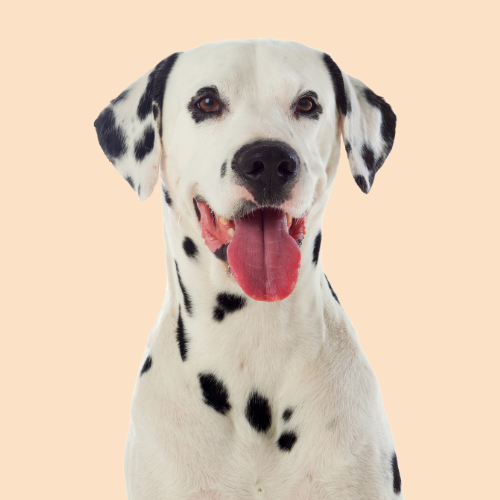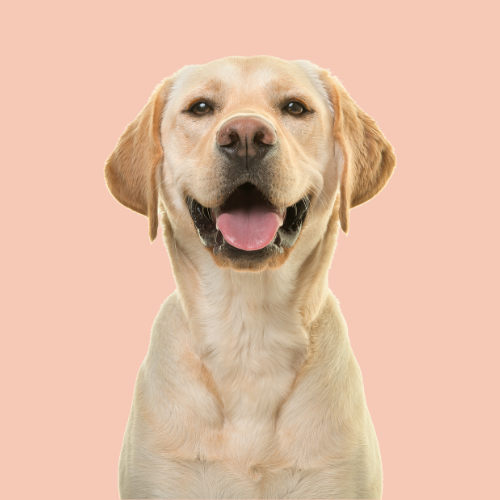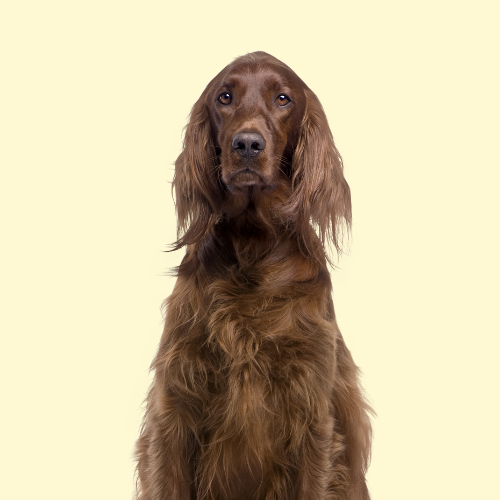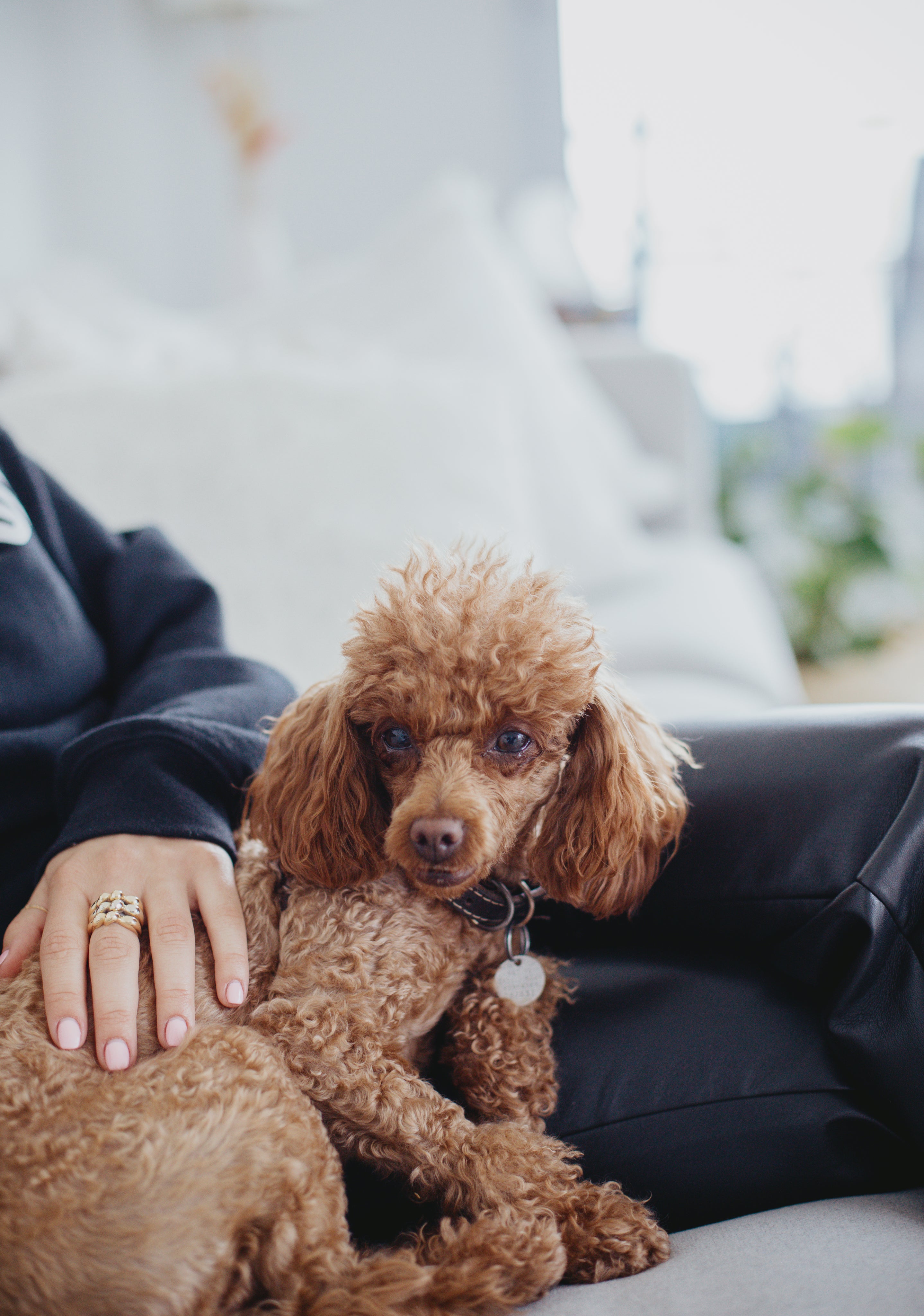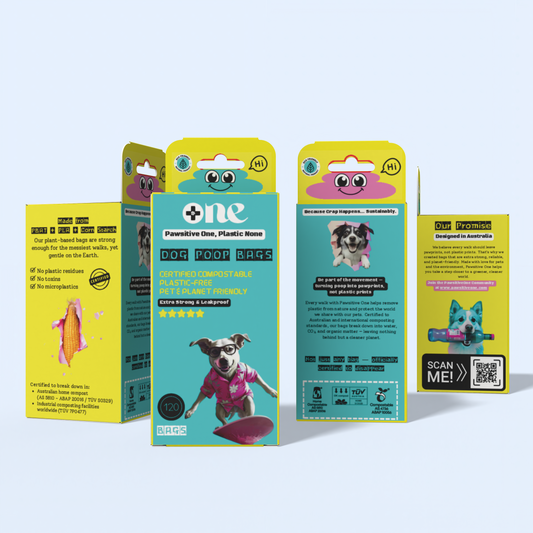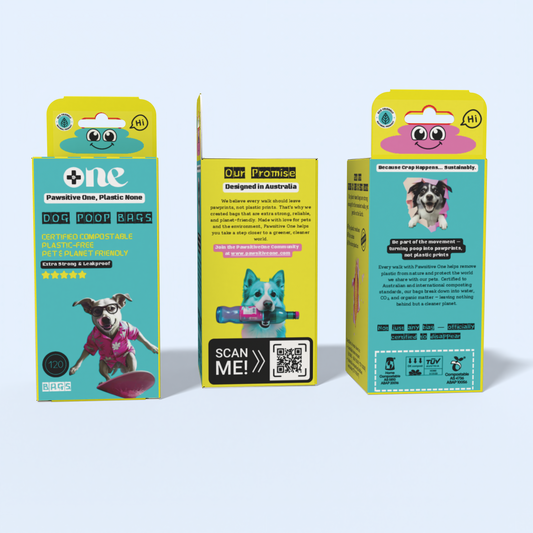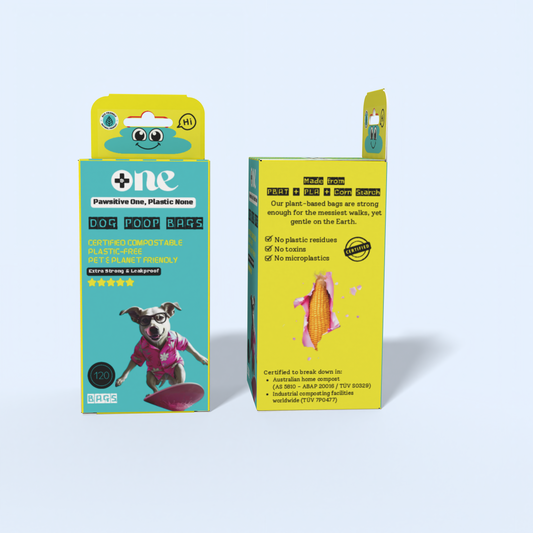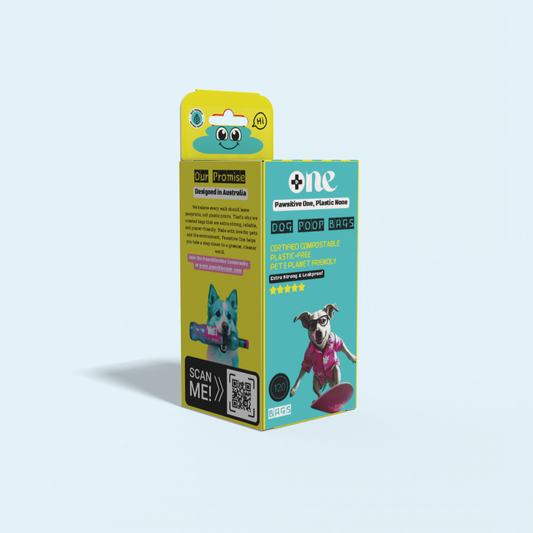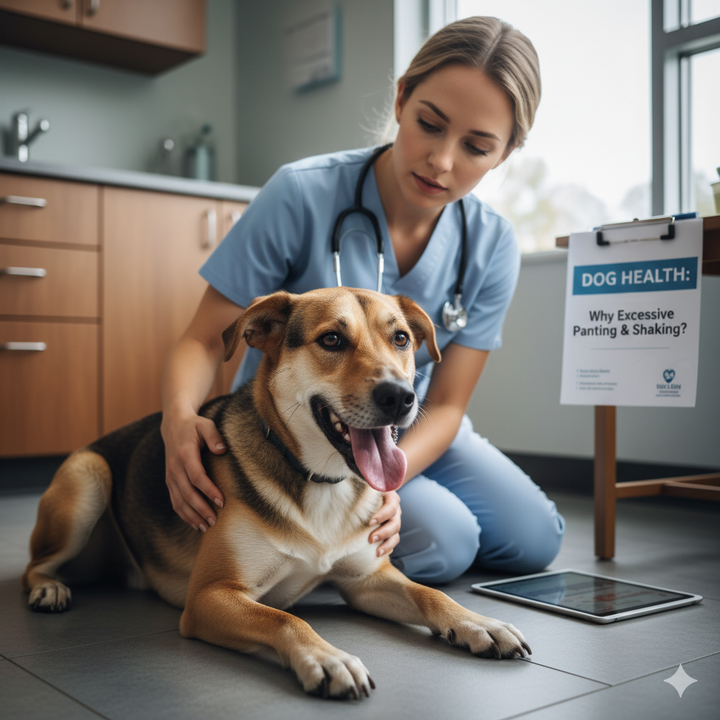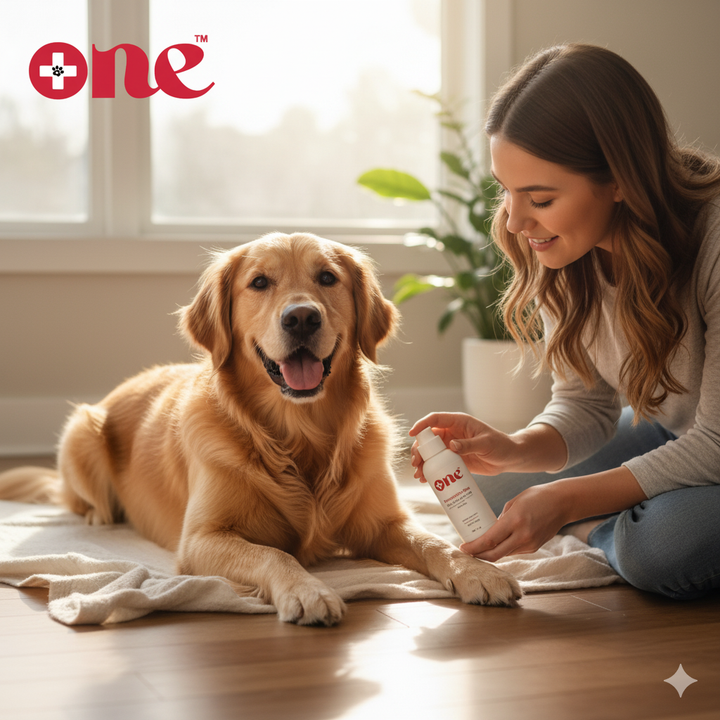Why Is My Dog Biting His Paws? Understanding and Addressing This Common Canine Behavior
Why Is My Dog Biting His Paws? Understanding and Addressing This Common Canine Behavior
It can be distressing to watch your beloved canine companion constantly licking, chewing, or biting their paws. While an occasional lick might be normal, persistent paw chewing can be a sign that something is amiss. This common behavior can stem from a variety of causes, ranging from simple irritations to more serious underlying health issues. Understanding why your dog is biting his paws is the first step toward providing relief and ensuring his well-being.
Let's explore the main culprits behind this behavior and what you can do about it.

Common Reasons Your Dog Might Be Biting His Paws:
-
Allergies (Environmental & Food):
-
Environmental Allergies (Atopy): Just like humans, dogs can be allergic to pollen, dust mites, mold, and grasses. These allergens can cause itchy skin all over their body, but paws are often a primary target because they come into direct contact with irritants.
-
Food Allergies: Certain ingredients in your dog's diet (most commonly proteins like chicken, beef, or dairy) can trigger an allergic reaction, leading to itchy skin and, you guessed it, paw biting.
-
-
Pain or Injury:
-
Your dog might be trying to soothe pain from an injury. This could be anything from a minor cut, a thorn, a broken nail, a bruise, or even a sprain. Arthritis, especially in older dogs, can also manifest as discomfort in their joints, leading them to chew their paws.
-
-
Parasites:
-
Fleas, ticks, and mites (like Sarcoptes or Demodex) can cause intense itching. While you might check for fleas on their body, they can certainly congregate between toes, leading to excessive paw licking and chewing.
-
-
Infections (Bacterial & Fungal):
-
Constant licking and chewing can break the skin barrier, allowing bacteria and yeast (a type of fungus) to thrive. Yeast infections often have a distinctive "corn chip" or "cheesy" smell and can cause redness and inflammation. Bacterial infections can lead to pus, scabs, and severe discomfort.
-
-
Anxiety, Stress, or Boredom:
-
Dogs, like people, can develop compulsive behaviors when stressed or anxious. Separation anxiety, changes in routine, new environments, or even lack of mental and physical stimulation can lead to excessive paw licking as a self-soothing mechanism.
-
-
Behavioral Issues (Compulsive Disorders):
-
If all medical causes have been ruled out, persistent paw chewing could be a behavioral compulsive disorder, often stemming from chronic anxiety or stress that has gone unaddressed.
-
-
Dry Skin:
-
Especially in dry climates or during certain seasons, a dog's skin can become dry and itchy, prompting them to chew their paws for relief.
-
What to Do If Your Dog is Biting His Paws:
The first and most crucial step is to consult your veterinarian. Self-diagnosing can delay appropriate treatment and prolong your dog's discomfort. Your vet will perform a thorough examination, which may include:
-
Physical Examination: Checking for injuries, foreign objects, and signs of infection.
-
Skin Scrapes or Cytology: To check for mites, bacteria, or yeast.
-
Blood Tests: To rule out systemic issues.
-
Allergy Testing: If allergies are suspected, your vet might recommend specific allergy tests or an elimination diet trial for food allergies.
Depending on the diagnosis, treatment might involve:
-
Medication (antibiotics, antifungals, antihistamines, steroids)
-
Topical treatments (medicated shampoos, ointments)
-
Flea and tick prevention
-
Dietary changes
-
Pain management
-
Addressing underlying anxiety with behavioral training, environmental enrichment, or anti-anxiety medication.
Frequently Asked Questions (FAQ)
Q1: Is it normal for my dog to lick his paws occasionally? A1: Yes, occasional paw licking is normal grooming behavior. However, if it becomes frequent, persistent, or leads to redness, swelling, or hair loss, it's time to investigate the cause with your vet.
Q2: Can food allergies really cause paw biting? A2: Absolutely. Food allergies are a common cause of itchy skin in dogs, and the paws are often one of the areas most affected. An elimination diet trial under veterinary guidance can help identify problematic ingredients.
Q3: My dog seems stressed. Could this cause paw biting? A3: Yes, anxiety, stress, and even boredom can lead to compulsive paw licking or chewing. Dogs may use this as a self-soothing mechanism. Addressing the underlying stressor through training, enrichment, or medication (if severe) can help.
Q4: How can I tell if it's an infection vs. allergies? A4: It can be difficult to differentiate without a vet. Infections (bacterial or fungal) often result from constant licking due to allergies, creating a vicious cycle. Signs of infection include redness, swelling, pus, strong odors (especially "yeasty" smells), and increased pain. Your vet can perform skin tests to diagnose.
Q5: What should I do before my vet appointment? A5: Try to prevent your dog from licking/chewing excessively by using an Elizabethan collar (cone) if necessary, but avoid applying any human medications or creams without veterinary advice. Make a note of when the paw biting started, its frequency, and any other symptoms your dog is experiencing.


